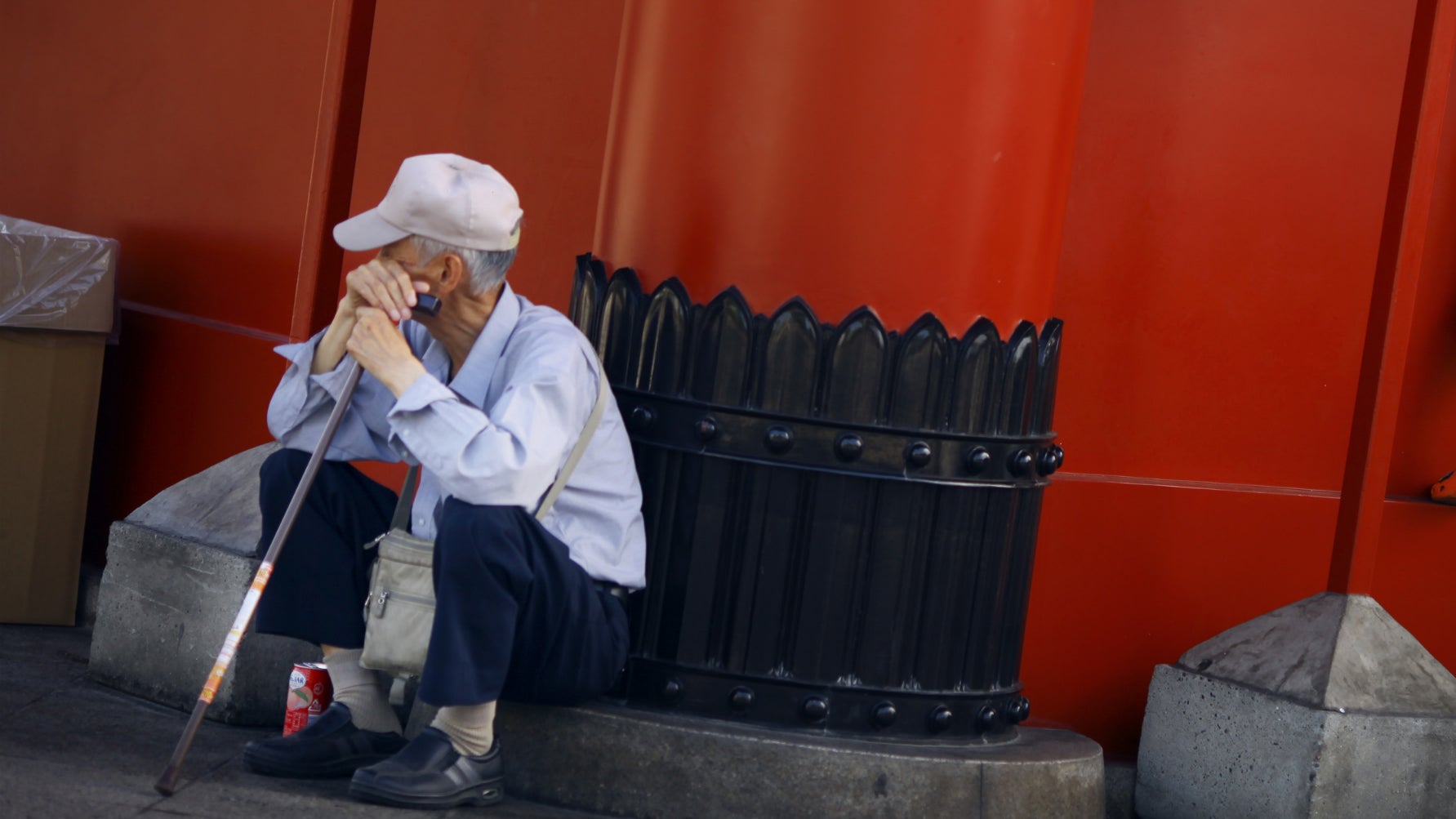Japan’s elderly are increasingly taking up a bizarre hobby: stalking
When people retire, they often find new hobbies to fill the time—golf, maybe, or contract bridge. Perhaps Xbox. Rising numbers of elderly Japanese, however, are picking up a more sinister pastime: stalking. In 2012, the number of stalking incidents perpetrated by people aged 60 and over hit 1,834, a surge of 3.8 times compared with 2003, according to the National Police Agency (via RocketNews24, which translates the Japanese press). Stalkers aged 70 and older jumped to 505, a 460% increase from 2003.


When people retire, they often find new hobbies to fill the time—golf, maybe, or contract bridge. Perhaps Xbox. Rising numbers of elderly Japanese, however, are picking up a more sinister pastime: stalking. In 2012, the number of stalking incidents perpetrated by people aged 60 and over hit 1,834, a surge of 3.8 times compared with 2003, according to the National Police Agency (via RocketNews24, which translates the Japanese press). Stalkers aged 70 and older jumped to 505, a 460% increase from 2003.
Japan has a big problem with stalking. A fatal stabbing of an 18-year-old hours after she reported her stalker to the police is the latest in a slew of high-profile stalking-related murders that have left the Japanese public miffed by what many see as police inaction. Only in October did Japan change the law to recognize e-mails as a medium of stalking harassment, along with phone calls and faxes, after a woman was slain by her ex-boyfriend from whom she received more than 1,000 threatening emails.
Adding to the problem is that stalking cases have exploded in the last year. The number of reported cases hit 19,920 in 2012, up 36.3% on the previous year, the highest since the police first started tracking the crime in 2000, the year that it criminalized stalking.
But while the NPA says people of all ages are doing more stalking, the rise in senior stalkers was most marked, said the NPA. They now make up 9% of reported stalkers, compared with an estimated 3% in 2003.
What’s behind this trend? It could be that victims are merely reporting incidents more frequently, of course. As Akiko Kobayakawa, president of a victim-support organization called Humanity, told the Yomiuri Online (according to RocketNews24), in her 14 years working with victims, about 20% have identified their stalkers are “older men” (men commit 86% of stalking crimes in Japan).
But given the aging of Japan’s population, the fact that there are simply way more old people is almost certainly a factor too. Though Japan’s population is roughly the same size it was in 2000, more than 30% of Japanese are now aged 60 and over, compared with 24% in 2000. Kobayakawa told the paper that many times elderly widowers have “a heightened sense of both desperation and entitlement which causes them to relentlessly pursue younger women.”